In the 1970s, chores were an integral part of childhood, shaping responsibility and teamwork. These tasks, often tackled without modern conveniences, taught valuable life skills that have faded with time.
Let’s explore 12 such chores that evoke nostalgia for simpler times.
Mowing the Lawn by Hand
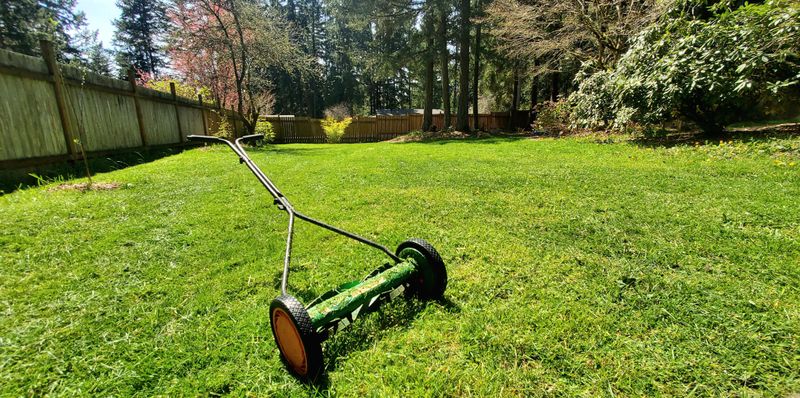
Before the roar of gasoline mowers, kids in the 70s often tackled lawns with manual reel mowers. These human-powered machines required strength and perseverance.
Every weekend, children took to their yards, learning patience as they pushed the heavy device along uneven grass. As sweat dripped, they perfected straight lines, a skill unnoticed by today’s robotic alternatives.
Beyond exercise, this task nurtured a sense of accomplishment, seeing the immediate results of their hard work. Today, it stands as a testament to the manual labor many embraced with pride, an experience modern conveniences have largely erased.
Ironing Clothes
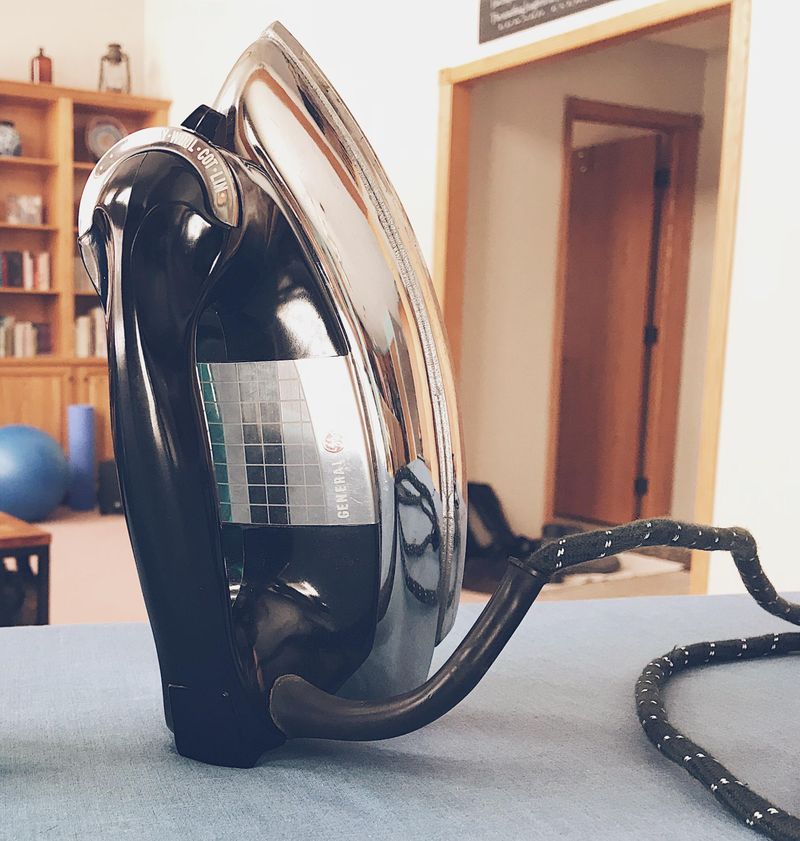
Ironing was a common chore handed down to kids, teaching them to manage small tasks meticulously. With a hot iron in hand, children learned the art of removing wrinkles from school uniforms and Sunday best.
It wasn’t just about smoothing fabric; it was about precision and care, mastering different techniques for different materials. Through this delicate task, kids gained an understanding of responsibility, ensuring their clothes reflected care and readiness.
The chore, while mundane, taught attention to detail. In a wrinkle-free world, these skills have waned but remain a fond memory for those who practiced them.
Washing Dishes by Hand
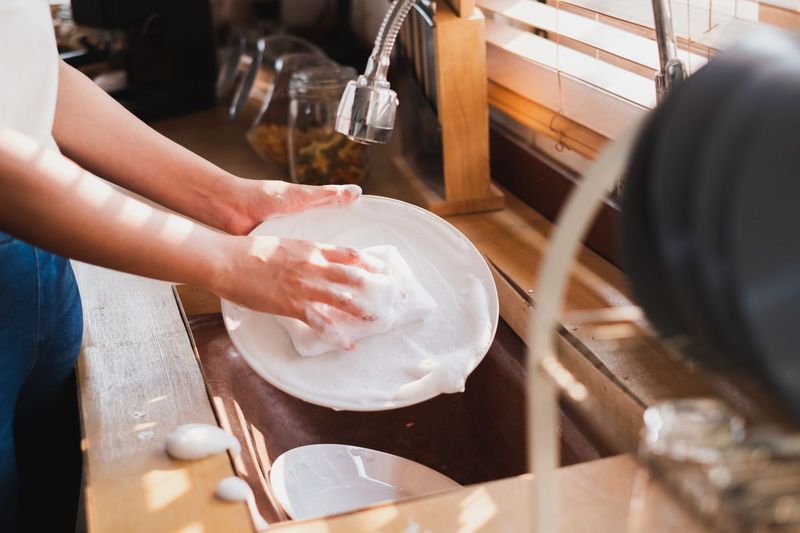
Long before dishwashers became household staples, washing dishes by hand was a daily reality. Children would stand on tiptoes at the sink, sleeves rolled up, tackling the aftermath of family dinners.
It required coordination and teamwork, especially with siblings. One washed, one dried, fostering cooperation.
The task wasn’t just about cleanliness but learning the value of contribution. Water splashed, and soap bubbles floated, making the task light-hearted amidst its monotony.
Today’s automated solutions have erased this routine, yet the memories of dishwashing sing-alongs and soapy camaraderie linger on.
Hanging Laundry Out to Dry
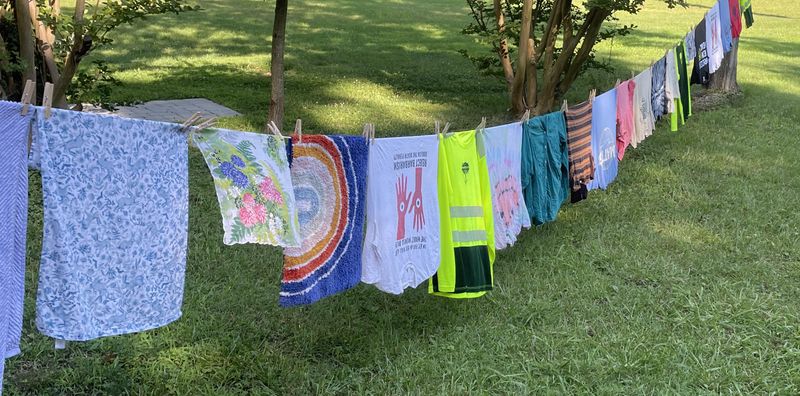
Dryers were a luxury many families didn’t have, so kids were often tasked with hanging laundry outside. Armed with a basket of wet clothes, they braved the elements to pin garments on the line.
It was a lesson in weather-watching and timing, ensuring clothes dried before impending rain. The chore taught efficiency and planning, aspects less emphasized today.
Pegging clothes securely to avoid mid-air disasters was an art in itself. The sight of clothes swaying in the breeze symbolized thrift and family effort, a picturesque memory eclipsed by the hum of modern dryers.
Collecting Firewood
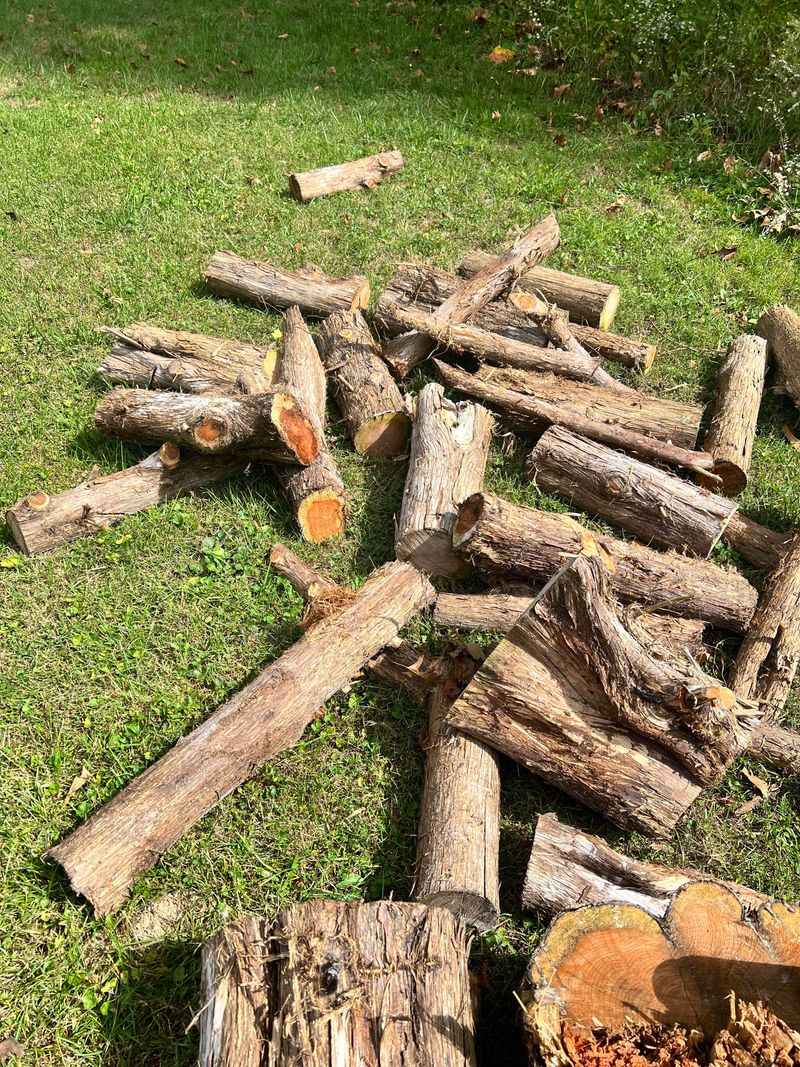
Firewood collection was a quintessential chore for kids, especially those in rural areas. With a small wagon or basket, they would scour nearby woods or backyards for suitable sticks and logs.
This task instilled a sense of resourcefulness, understanding the importance of preparedness and warmth. It wasn’t just about gathering wood; it was about planning for colder days, ensuring the family hearth remained lit.
The chore fostered a connection with nature, embracing the outdoors while contributing to family sustenance. In an era of central heating, such experiences are rare, yet they remain vivid in memory.
Helping with Canning and Preserving

Preserving food was a seasonal ritual, and kids played a vital role in it. They washed, peeled, and chopped fruits and vegetables, preparing them for canning.
This task was a learning experience in self-sufficiency, showing how to stretch seasonal produce through the winter months. The kitchen became a hive of activity, with children observing the bubbling process of sealing jars.
It was more than a chore; it was a tradition passed down through generations, ensuring no food went to waste. Today, this skill is a curiosity, yet for many, it’s a cherished memory of family unity.
Cleaning Windows
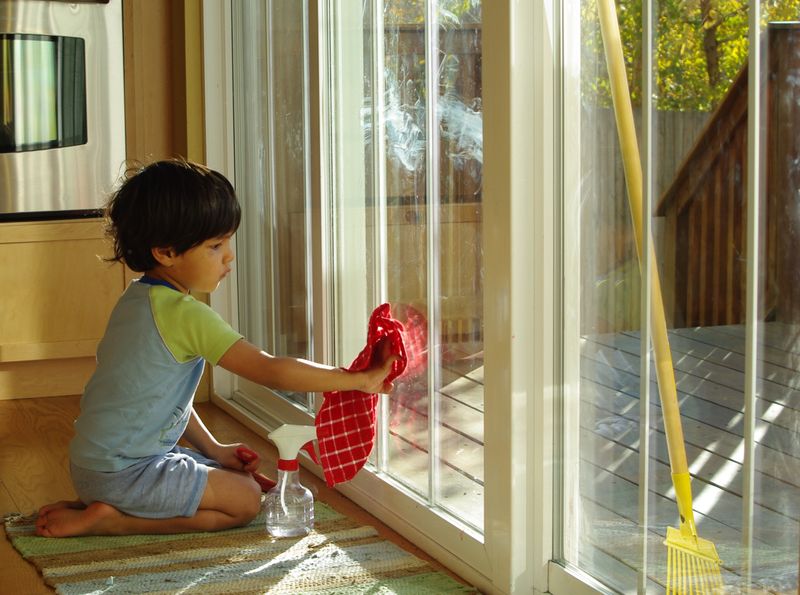
Sparkling windows were a prideful reflection of a well-kept home, and kids were often in charge. Armed with a bucket and sponge, they washed away grime, learning to appreciate clear views.
This task required patience and a keen eye, ensuring no streaks were left behind. It became a ritual to welcome seasonal changes, with children climbing ladders under parental guidance.
Beyond cleanliness, it was about pride in maintaining family spaces. Although tedious, it instilled diligence and a sense of accomplishment.
Today’s self-cleaning windows have made this task obsolete but its lessons endure.
Polishing Shoes
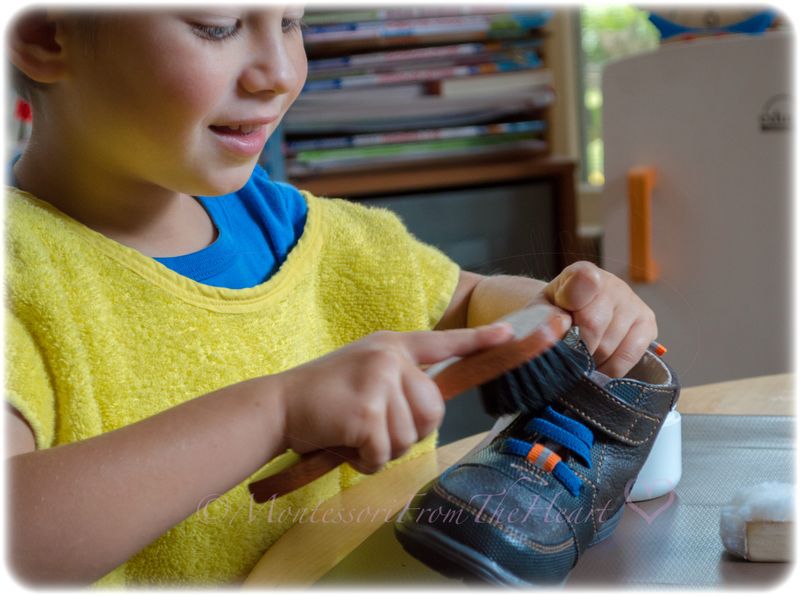
Shoe polishing was not just about keeping footwear clean but about instilling a sense of care. With brushes and polish, kids learned to maintain the sheen of their shoes, preparing them for school days or family outings.
This chore taught attention to detail and pride in appearances, as well-polished shoes reflected personal discipline. The rhythmic motion of brush against leather was a moment of reflection, a pause amidst bustling routines.
Though simple, it was a valuable lesson in responsibility and presentation. In a world of synthetic materials, polishing shoes has largely faded away.
Sweeping the Porch
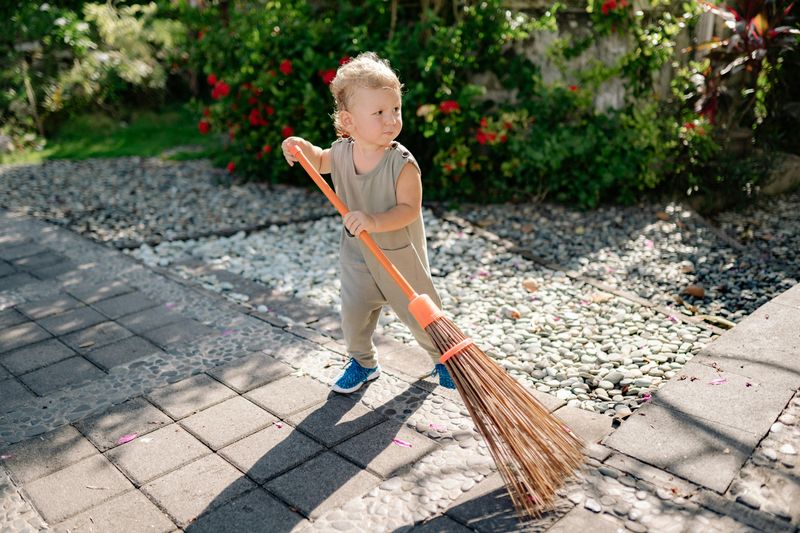
Porch sweeping was a daily duty for many children, ensuring entrances remained inviting. With a broom in hand, kids learned the importance of first impressions, keeping spaces tidy for guests.
This task required consistency and vigilance against leaves and debris that accumulated overnight. It also served as an outdoor retreat, a quiet moment of mindfulness in nature.
Beyond tidiness, sweeping the porch taught the value of routine and diligence. Today, leaf blowers have replaced brooms, yet the simple satisfaction of a clean porch remains a cherished memory.
Feeding Farm Animals
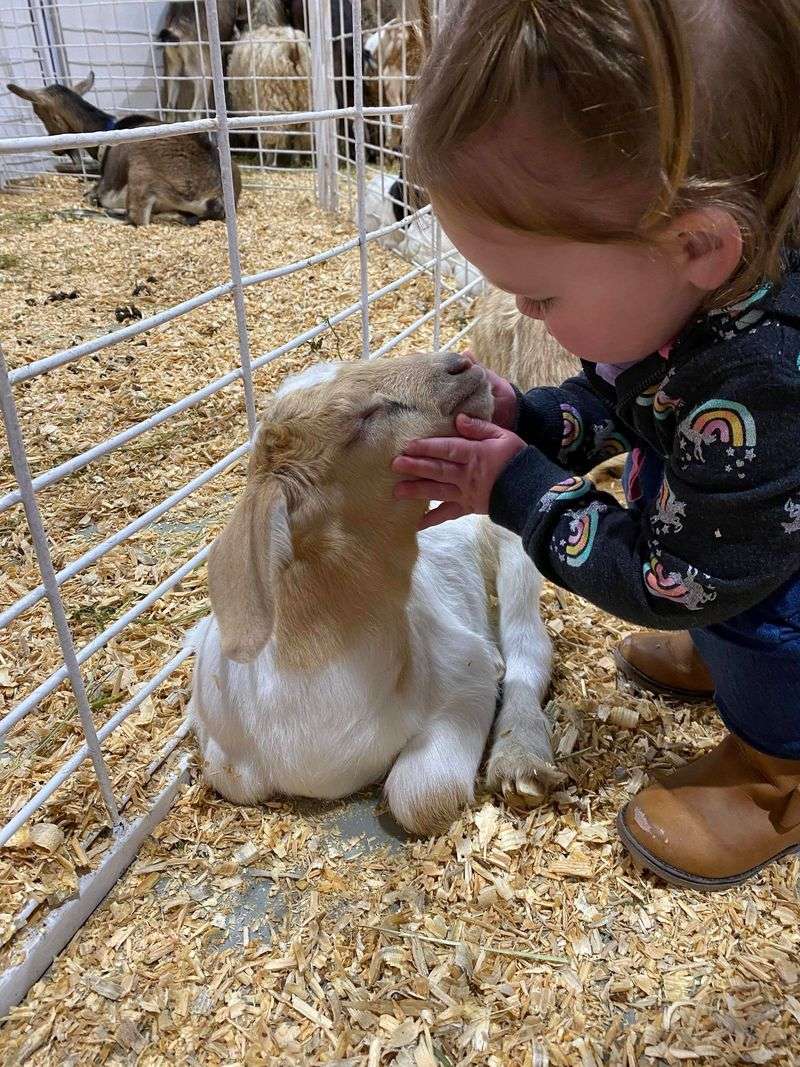
For those growing up on farms, feeding animals was a daily chore that couldn’t be skipped. Kids learned the importance of responsibility as they scattered feed for chickens or filled troughs for pigs.
This task was more than just feeding; it was about nurturing life and understanding the cycle of growth. Interacting with animals taught empathy and care, fostering a connection to the land.
It required punctuality, ensuring animals received their meals at the same time each day. While modern agriculture is automated, the hands-on experience remains a vivid memory for many.
Helping with Gardening
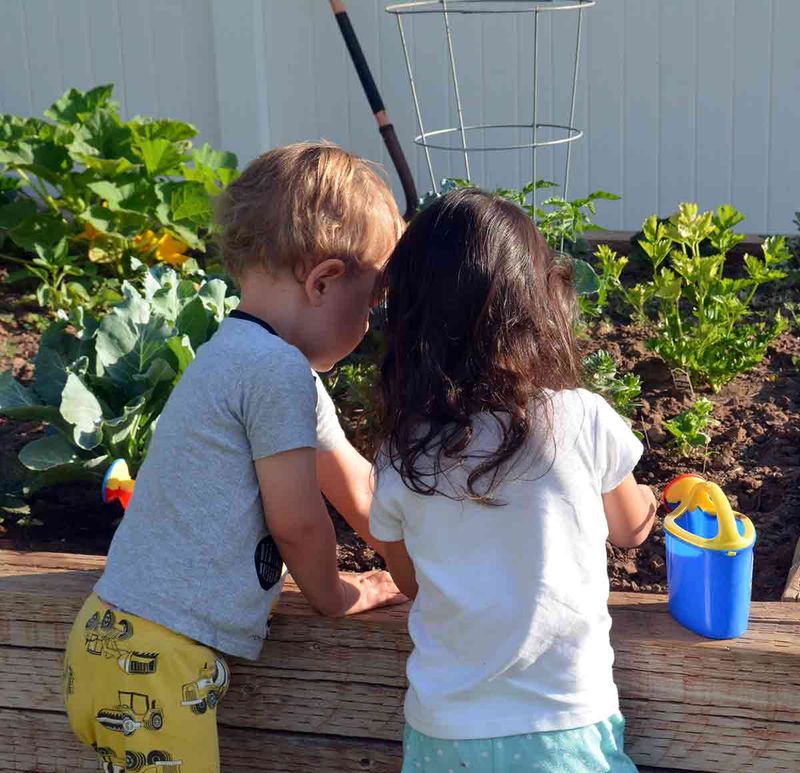
Gardening was a common task, often involving the entire family. Kids would plant seeds, weed beds, and harvest vegetables, learning about growth cycles and sustainability.
This chore taught patience and the rewards of nurturing life, seeing food appear from their efforts. It was an exercise in teamwork, with everyone contributing to a bountiful harvest.
Beyond food, gardening fostered a connection to nature, understanding seasons and the environment. Today, while some families garden as a hobby, the necessity of such chores has diminished, yet the memories of muddy hands and fresh produce endure.
Running Errands on Foot or Bicycle
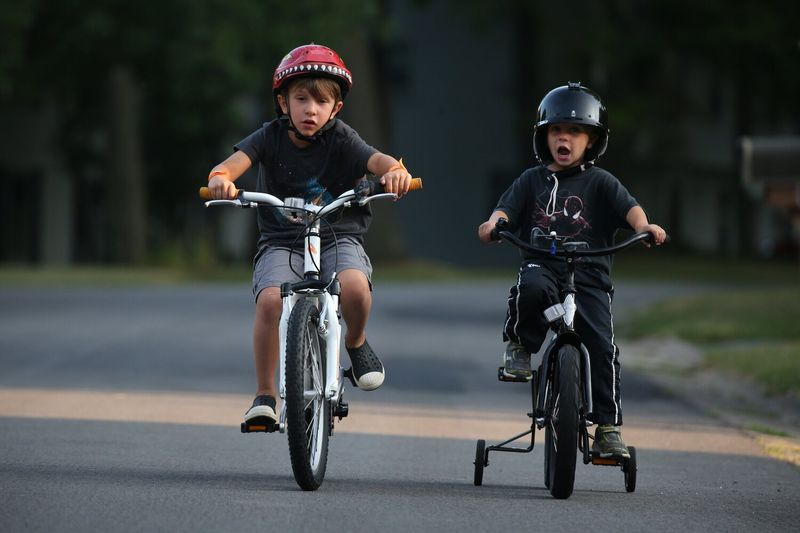
Before the convenience of online shopping, kids often ran errands around the neighborhood. On foot or bicycle, they fetched groceries or delivered messages, learning navigation and independence.
This task required trust and reliability, understanding directions and managing small sums of money. It was an adventure, exploring local stores and engaging with community members.
Beyond the task itself, it built confidence and self-sufficiency. Modern conveniences have lessened these experiences, yet the sense of freedom and responsibility from those errands remain a defining aspect of 70s childhood.
